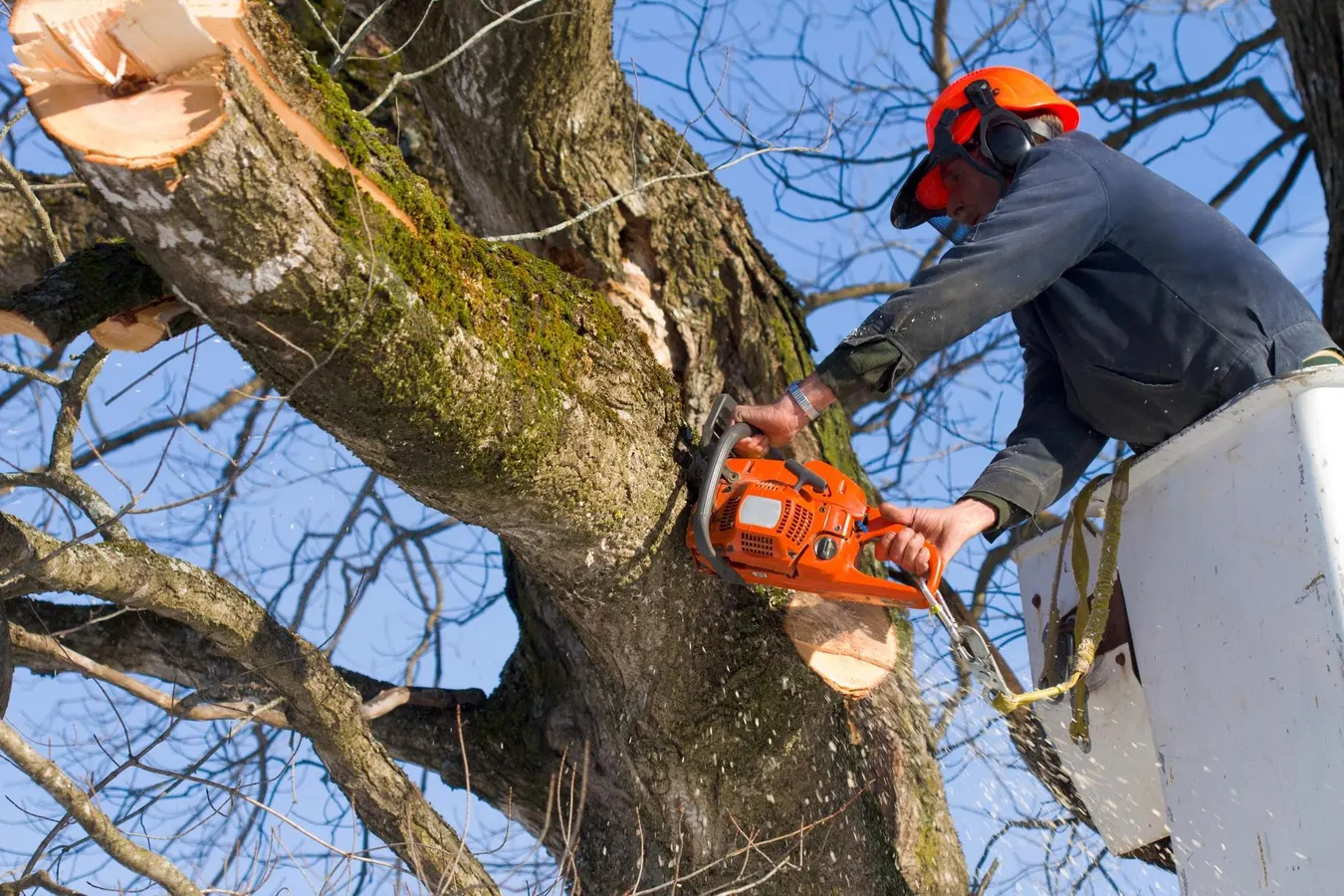By Joe McKendrick,Senior Contributor
Copyright forbes

AI can’t cut trees
I’ve always favored four-year college and beyond for everyone…. until my air conditioning crapped out in the middle of July a couple of years back. You can talk about predominance of the information society all you want; but let’s face it, it’s built and maintained on the shoulders of so-called “blue-collar” workers – who assemble the data centers, provide security, keep the plumbing flowing, and deliveries on track.
The technician who serviced my air conditioning, a man in his late 50s, pointed out that while he was overworked with service calls, relief was not on the way. His company could not find and keep enough younger people willing to learn the trade and get certified.
We, as a society, need these workers.
Think back five years, while white-collar employees were working in their pajamas out of the safety of their living rooms while Covid raged, the blue-collar class was out there, delivering food and supplies, maintaining infrastructure, fixing cars, running emergency vehicles, and keeping the world running. Services way beyond the capabilities of artificial intelligence and associated robots.
In fact, there are many vital, vital jobs that are also totally immune from AI – except for admin/scheduling/billing details handled behind the scenes. Plus, they provide ample opportunities for entrepreneurial growth. I personally know of a former college student who dropped out to devote time to building his tree-trimming business. Recently, he sold the business for several million dollars.
Now, a new report out of Jobber points to a rising phenomenon: younger people – backed up by their parents – are forgoing college in favor of the trades.
“Spring enrollment at vocational schools is up 12% compared to 4% for undergraduate university enrollment,” the report’s authors noted. Plus, 77% of the Gen Z members surveyed by Jobber say “it’s important to choose a career that’s difficult to automate.”
It’s not that trade occupations aren’t advancing with technology, it’s notable that technology supports the worker, and does not substitute for them. “While advancements like robo-mowers, drone imaging, and automated tools are streamlining some tasks in the field, the core, skilled labor behind blue collar work remains deeply human,” the report’s authors stated. “Physical work and problem solving still rely on trained professionals.”
Gen Z’s prime influencers are leading the charge for young people to blue-collar opportunities – and by influencers, which means their parents. At this point, only 16% of Gen Z parents now believe a college degree guarantees long-term job security. And when asked which careers feel safest from automation, 56% list carpenters, 54% plumbers, and 51% electricians.
By contract, fewer see future-proof potential in digital roles, with just 18% naming software developers, 14% data analysts, and only 12% see potential for them as digital marketers.
Student-loan debt (57%) was cited by parents as their biggest worry when it comes to higher education. Another 40% fear uncertain job prospects after graduation, and 37% express concern about the lack of real-world experience gained through college alone.
The challenge to helping young people discover more opportunities in the trades is a combination of stigma and lack of guidance. A majority of GenZers, 76%, said that a four-year college was actively encouraged in high school, compared to 31% being encouraged to check out trade schools.
Time to dispel the mindset that four-year college is the only route to a successful and satisfying career.
Editorial StandardsReprints & Permissions



